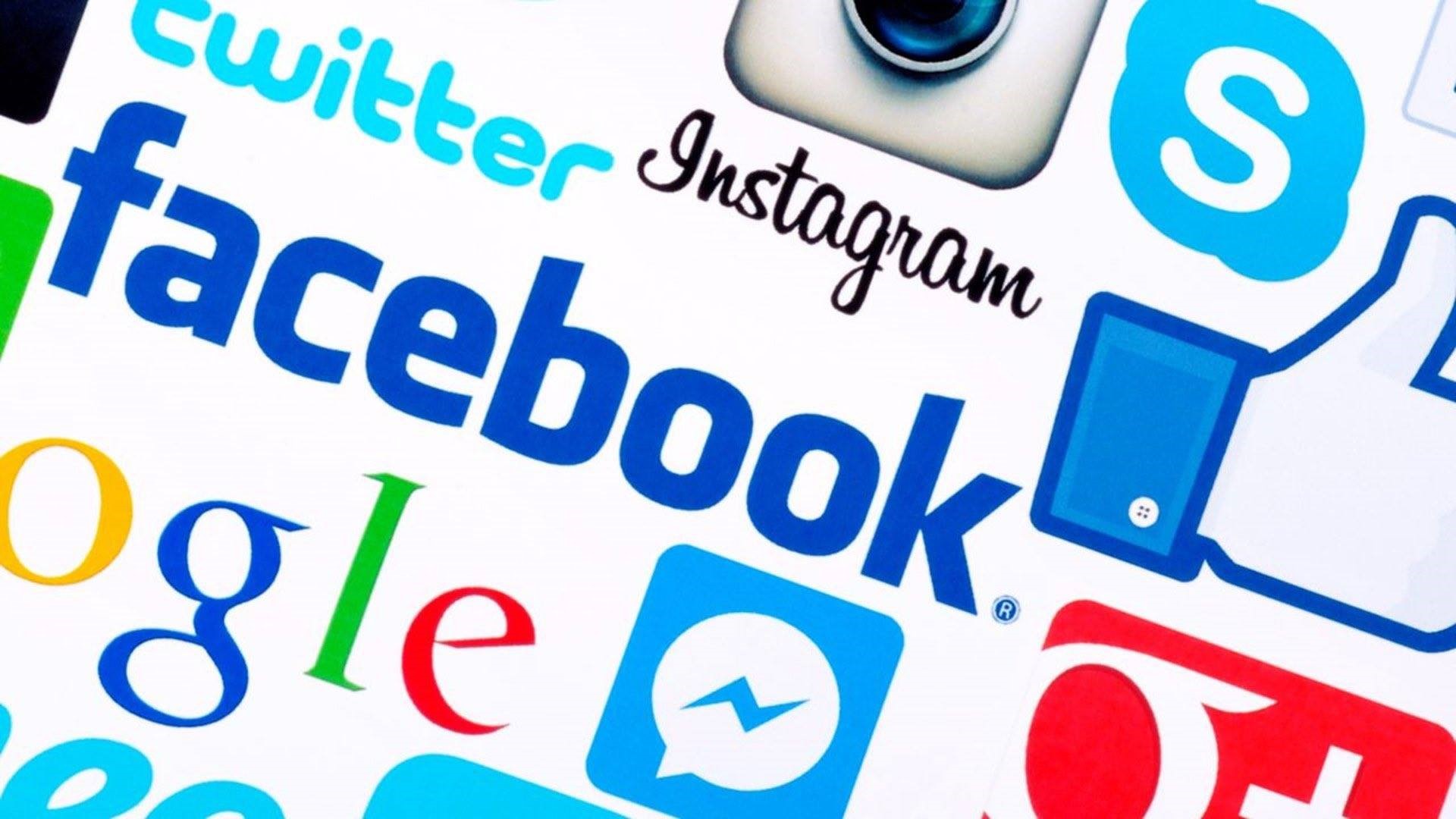AUSTIN, Texas — During the holidays, we all try to put down our electronic devices and focus on family. But there are ways to commit to curbing social media addiction year round.
Brian Boxer Wachler, MD, is a Beverly Hills eye surgeon specializing in keratoconus. He has opened up about his own social media addiction after racking up 3.5 million followers on TikTok.
The surgeon got so wrapped up into replying to comments and creating content that his family held an intervention because he was more concerned with his number of views, likes, shares and followers than them. Reality set in that, as a spouse and parent, he missed out on significant experiences and events with his family that could never be recaptured.
"For parents, I know a lot of times parents feel like they've lost their children to their phones. My book is also really to help parents, help their children, to be able to live a balanced life with social media because it's not going away, so we have to learn how to live in a balanced way with it," Wachler said.
Wachler offers tips to protect you and your loved ones from the dangers of social media in his new book, "INFLUENCED: The Impact of Social Media on Our Perception."
He said if you feel that you have to always be checking your social media apps because of fear of missing out, or "FOMO," that's a red flag. Also, if you are forgoing spending time with people or going out and doing activities with people because you want to stay on your phone, that's another red flag.
“Another one is waking up in the morning, if the first thing you do is you're checking your phone. Or right before you go to bed, you [have] got to check your phone. That's another red flag as well,” Wachler said.
Wachler said it’s important to notice the real relationships we have because social media relationships really aren't real and, as human beings, we need the human interaction with people. From there, make a conscious effort to get together with people and talk with people on the phone. Those are the real social interactions that we need as human beings that can help people curb their use of social media, he said.
“Sometimes, just committing to taking a holiday, a weekend of just not checking the apps or even a whole week of not checking the apps, a lot of times people come back feeling really refreshed and then realizing, 'Oh my gosh, I feel so much better not spending so much time on those apps,' when they do have that little self-imposed holiday,” Wachler said.
He described social media like fire, saying it can be used for warmth and heat, but you can also burn yourself.
"The book is all about striking that balance and helping people understand where the downfalls are, especially with teenagers, because there is a lot of potential harm that teenagers are experiencing because their brains aren't fully developed to be able to filter and make as good a decisions as adults, and clearly even adults," he said. "I'm an example, you know, have downfalls with social media decision making. But the book is really all encompassing to help people navigate it for themselves and for their children."
Wachler offers 10 tips for protecting kids (and yourself) from the dangers of social media:
- Set limits on social media. Just like we were given rules for watching TV as a kid, the same rules apply for social. Give them specific time to play with social media and do not let them engage during homework time or before they go to bed.
- Turn off the smartphone at dinnertime. Make family time sacred and encourage real conversations with your kids. By doing that, you’ll help develop real-time human social skills
- Don’t engage with a cyberbully. Engaging with them increases the likelihood of self-harm and suicide.
- Beauty imagery on social isn’t beautiful. One-third of teen girls feel worse about their bodies as social media normalizes their opinion of altered body images and body dysmorphia. Your kids are 200% more likely to have an eating disorder if they’re glued to perfect body images.
- Social Security numbers are NOT social. Identity theft is real. Make sure your kids understand the dangers of sharing Social Security numbers.
- Kids don’t need credit card info. Children should never be allowed to give credit card information, which can be a catalyst for stealing identities.
- Never give out your home address. We know that kids need to learn their home address, but they don’t need to share it with anyone online. Teens have been killed or injured as a result of posting their whereabouts.
- Never post pictures of your vacation while on vacation. If criminals can see where you are in real time, they can burglarize your home while you’re away.
- Violent video games can normalize violent behavior. Wachler said violent video games can make children and teens more violent.
- Social media can polarize family and friends. Trending topics such as politics can tear a family and their kids apart. Keep the online jargon as neutral as possible.
Wachler's book is available to purchase.

